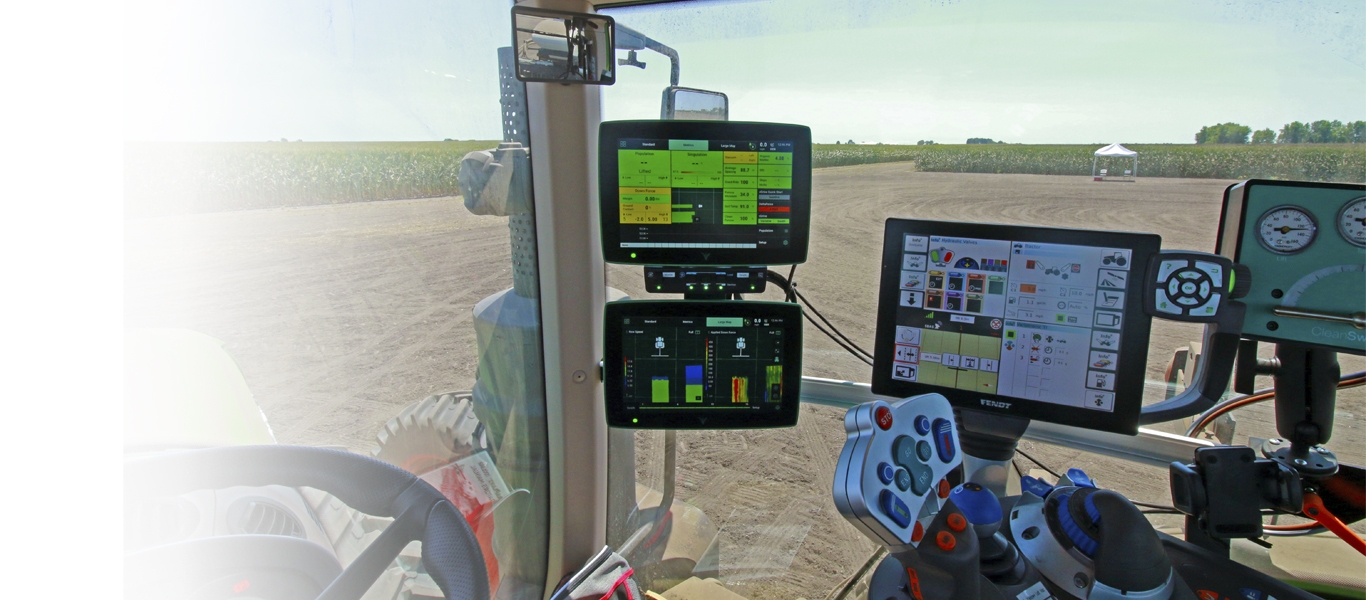Precision farming technologies include:
- Global positioning systems (GPS): GPS is used to track the location of farm equipment and to create maps of fields.
- Remote sensing: Remote sensing technologies such as satellite imagery and drones can be used to collect data about crop health, soil moisture, and other environmental conditions.
- Sensors: Sensors can be used to measure soil moisture, temperature, and other environmental conditions in the field.
- Variable-rate technology: Variable-rate technology allows farmers to apply inputs such as fertilizer and water at different rates across the field, based on the needs of the crop.
- Software: Software is used to collect, store, and analyze data from precision farming technologies.
Precision farming can be used to improve crop yields in a number of ways. For example, it can be used to:
- Apply fertilizer and water more precisely, which can help to reduce nutrient runoff and improve water conservation.
- Target pest control treatments to areas where pests are actually present, which can help to reduce the use of pesticides.
- Monitor crop health and identify potential problems early, which can help to prevent crop losses.
- Optimize irrigation practices, which can help to improve water use efficiency.
Precision farming can also be used to improve the profitability of farming operations. For example, it can be used to:
- Reduce input costs, such as fertilizer and water.
- Increase crop yields.
- Improve crop quality.
- Reduce crop losses due to pests and diseases.
- Make better marketing decisions.
Precision farming is a rapidly growing field, and there are many new technologies being developed all the time. As these technologies continue to develop, precision farming is expected to become even more widespread and effective.
Here are some of the benefits of precision farming:
- Increased yields: Precision farming can help farmers to increase crop yields by up to 20%.
- Reduced inputs: Precision farming can help farmers to reduce the use of inputs such as fertilizer, water, and pesticides.
- Improved crop quality: Precision farming can help to improve crop quality by reducing crop losses due to pests and diseases.
- Improved environmental sustainability: Precision farming can help to improve the environmental sustainability of farming by reducing nutrient runoff and water use.
- Increased profitability: Precision farming can help farmers to increase their profitability by reducing input costs and improving crop yields.
Precision farming is not without its challenges. Some of the challenges include:
- The high cost of precision farming technologies.
- The need for specialized training for farmers to use precision farming technologies.
- The need for good data management practices.
- The need for cooperation between farmers and other stakeholders, such as input suppliers and crop buyers.
Despite the challenges, precision farming is a promising technology that has the potential to revolutionize agriculture. As the technology continues to develop and the cost of Precision agriculture
Sustainable agricultureprecision farming technologies decreases, it is likely that precision farming will become more widespread and adopted by more farmers.
Keywords
Site-specific crop management (SSCM)
Variable-rate technology (VRT)
Yield mapping
Remote sensing
Sensor technology
Data analytics
Artificial intelligence (AI)
Internet of Things (IoT)
Climate-smart agriculture


